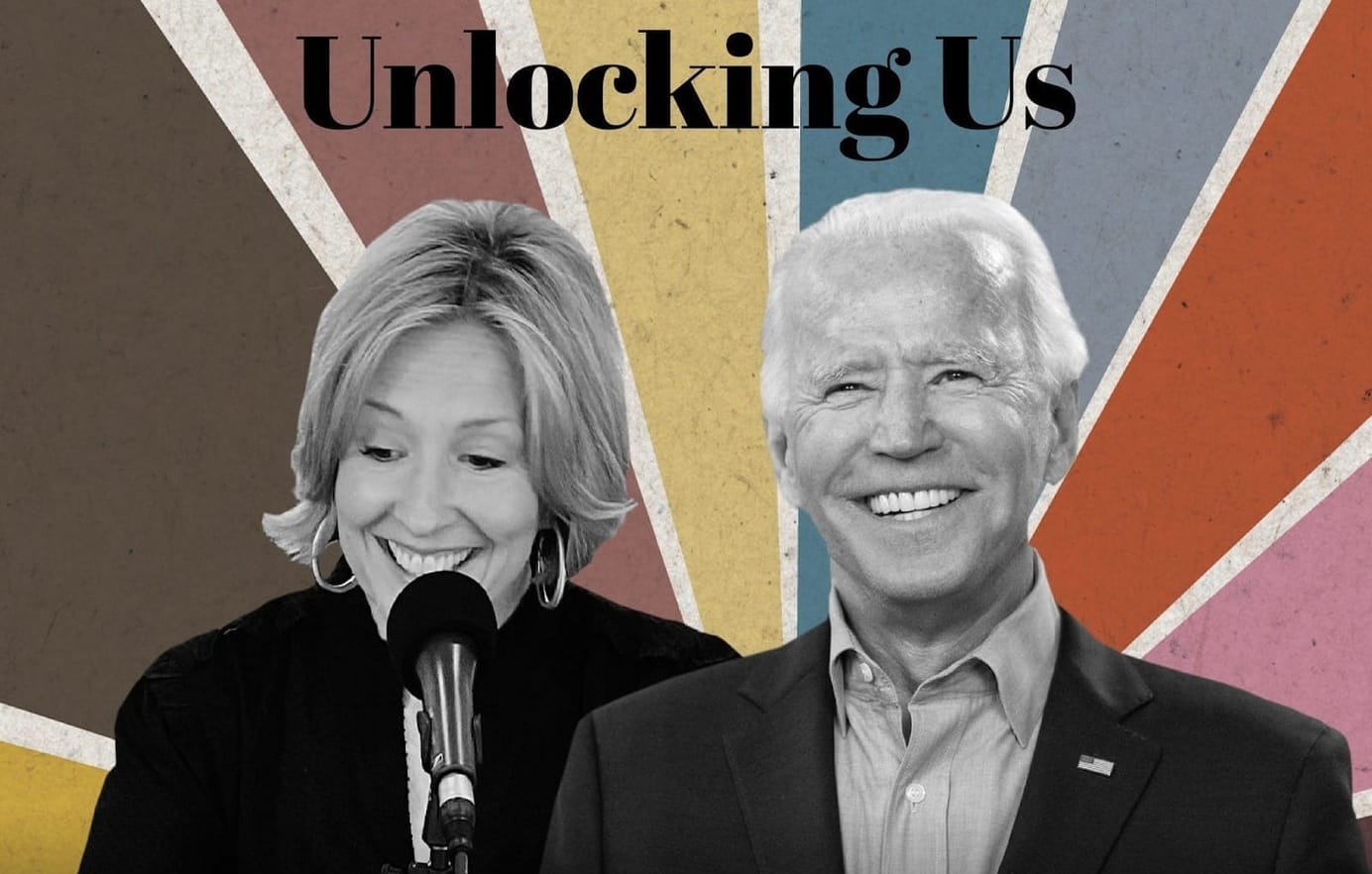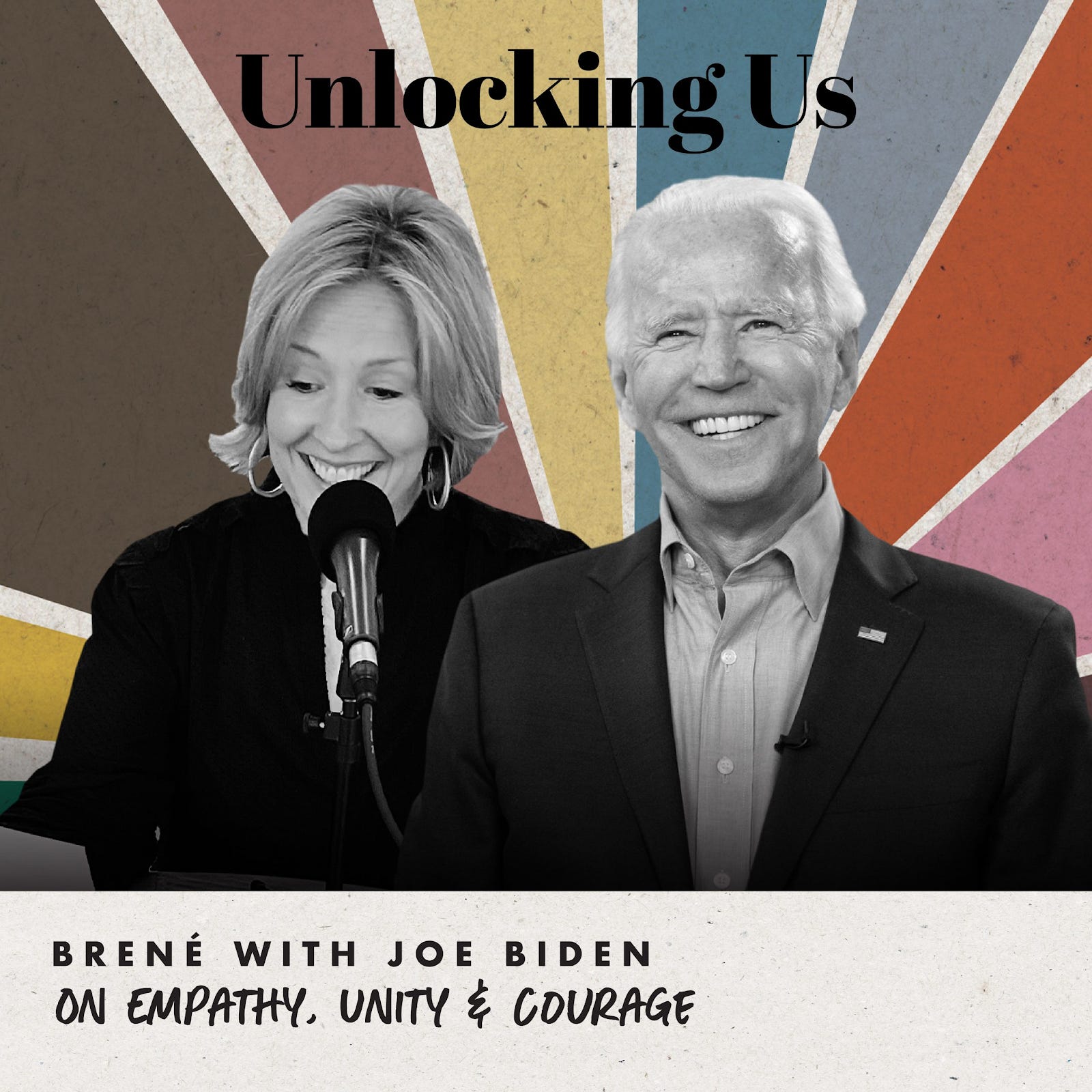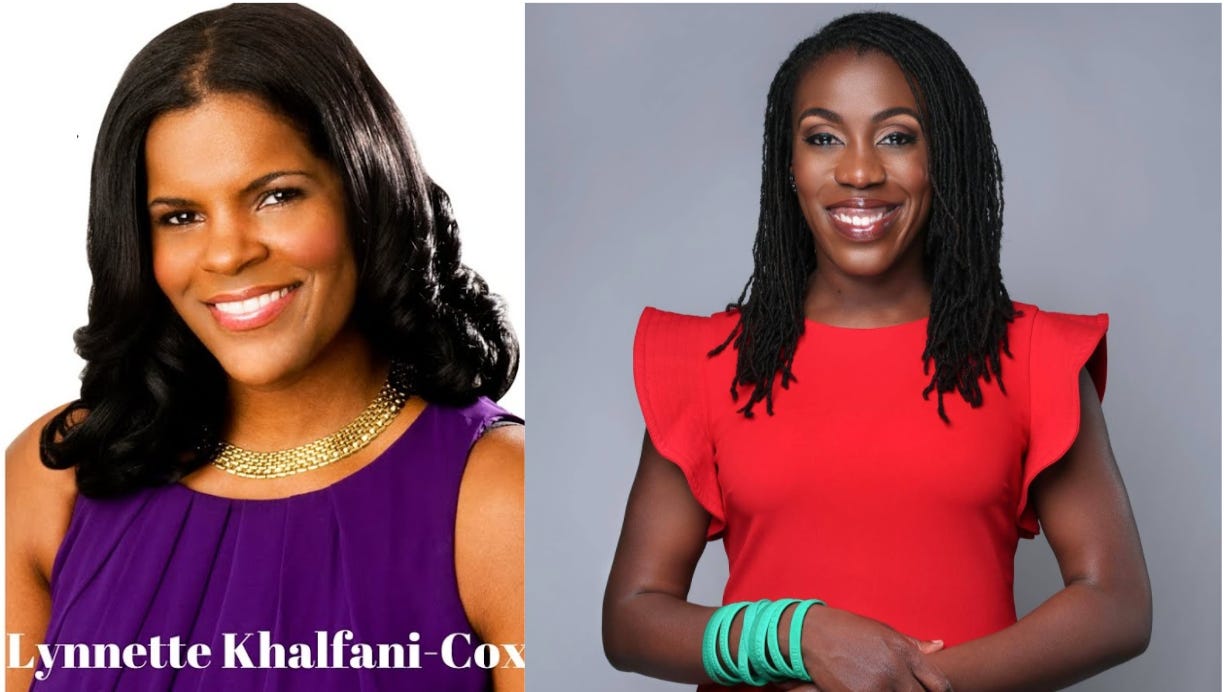
Marketing Spotlight: Influencers for Policy
Biden's Embrace of Emerging Media on the campaign trail and in the White House
When Joe Biden announced his campaign for president, I was nervous. A 77-year-old white man who was in the Senate for 36 years. How could he possibly run an effective communications and marketing campaign in a digital age? Especially against Trump’s massive digital audience advantage.
But as he emerged the victor of the Democratic Primary, his campaign boosted into overdrive and paralleled Obama’s use of digital and emerging marketing trends to reach a wide array of voters to help clinch the presidency. Chief among his success was leveraging influencers.
Joe Biden is taking his digital success on the campaign and bringing it to the White House with his just passed American Rescue Plan. (Did I mention the bill cuts child poverty in half?)
But first, let’s explore what made influencers successful for Biden in 2020.
Micro-Strategy for Massive Success
As I mentioned, Biden had a massive digital disadvantage. His follower counts were low across all social platforms. On Facebook, Biden had a mere 2 million followers during the summer of 2020, compared to Trump’s 28 million. On Twitter, it was even starker with 6.4 million Biden followers and 82.4 million for Trump.
With such low follower counts, he was not going to be successful in spreading his message just on his social accounts. He needed to find an inexpensive way to reach different swaths of the American electorate in an authentic way. Enter an influencer strategy!
Influencer strategies have been successful for small and major brands alike for years, but have not been widely used in politics. Biden’s digital team developed an influencer strategy to reach specific voters that were a focus for the campaign like suburban moms or young Black men. The main goals for the program were:
- Increase awareness of Biden and his policies
- Consider Biden differently
- Inspire people to Get Out the Vote!
- Combat Disinformation - he may be in his basement, but he’s giving interviews!

Ultimately his influencer strategy was focused on micro-influencers with a mix of some big influencer names like Brenee Brown. Micro-influencers usually only have thousands of followers, but their audience is very concentrated on a particular audience. Because they have smaller followings, they are considered more trustworthy and persuasive within their specific communities. For example, Biden was interviewed by Facebook mom influencers to talk about his child care policies in his Build Back Better plan.
The influencer program became successful for a number of reasons:
- Made Biden Feel Approachable - The smaller setting helped Biden feel more relaxed and natural. He was able to get through to the audiences and help them see him in a more humanized way.
- It Felt Intimate - The micro-influencer strategy helped to recreate the intimacy of smaller events and living room chats on the campaign trail that wasn’t possible during COVID. It also allowed Biden to talk about specific issues that were important to specific groups.
- Super Cost-Effective - The main costs for an influencer program are staff time in managing the program and payments to the influencers. On average, it costs about $10 per 1,000 followers per post. So if an influencer has 10,000 followers, you are only spending $100 for them to post once.
- Cross-Channel Reach - Depending on the influencer, you can make sure Biden’s interviews were spread across multiple channels like Instagram Live, podcasts, YouTube, or Facebook to help reach more people.
- Avoid Facebook Regulations - With Facebook’s policy for political ads changing constantly, the influencer approach allowed them to get around those regulations.
Bringing Influencers to the White House
Now that Biden is in the White House and passing massive legislation, Biden has clearly learned from his successful 2020 campaign and from some of Obama's failures after passing the 2009 rescue package.
Improving from the 2009 strategy, Biden is moving quickly to spread the word about the American Rescue Plan and all of the pieces that help improve everyday Americans’ lives. This week, Biden and surrogates are fanning out across America for the “Help is Here” tour. Even Doug is heading to good ol’ ABQ (make sure you try the carne adovada at Barelas, Doug)!
On top of the tour, Biden is bringing back influencers. Up first, two National Economic Council directors were interviewed by social influencers like “Budgetnista” and “The Money Coach" to explain the financial benefits of the plan.

This direct-to-constituent strategy is the right move in a fragmented world. It allows the Biden Administration to set the terms of the conversation. The strategy sidesteps the press who seem to be more concerned about Biden’s number of press conferences than on the actual work Biden’s Administration is accomplishing. The plan is widely popular amongst Americans with 60% support from Republicans. Speaking directly to Americans means you avoid the bias that comes with “both-sides” journalism.
Biden’s digital team plans to continue this approach for other policies and proposals. Similar to his 2020 strategy, he’ll be focused on influencers with a dedicated audience that is affected by particular policies and issues.
If this inspires you to create your own influencer strategy, ACRONYM has a pretty awesome Influencer toolkit.
I want to express my deepest condolences to those affected by the Atlanta spa shootings.
To the AAPI community, know that you have so many advocates willing to stand up with you. We are all in this together and continue to fight for a more just and equitable world no matter your skin color, race, religion, sexual orientation, or gender identity.
The More You Know 🌈 from Knurdology:
the roots of change media ecosystem Newsletter
Join the newsletter to receive the latest updates in your inbox.



